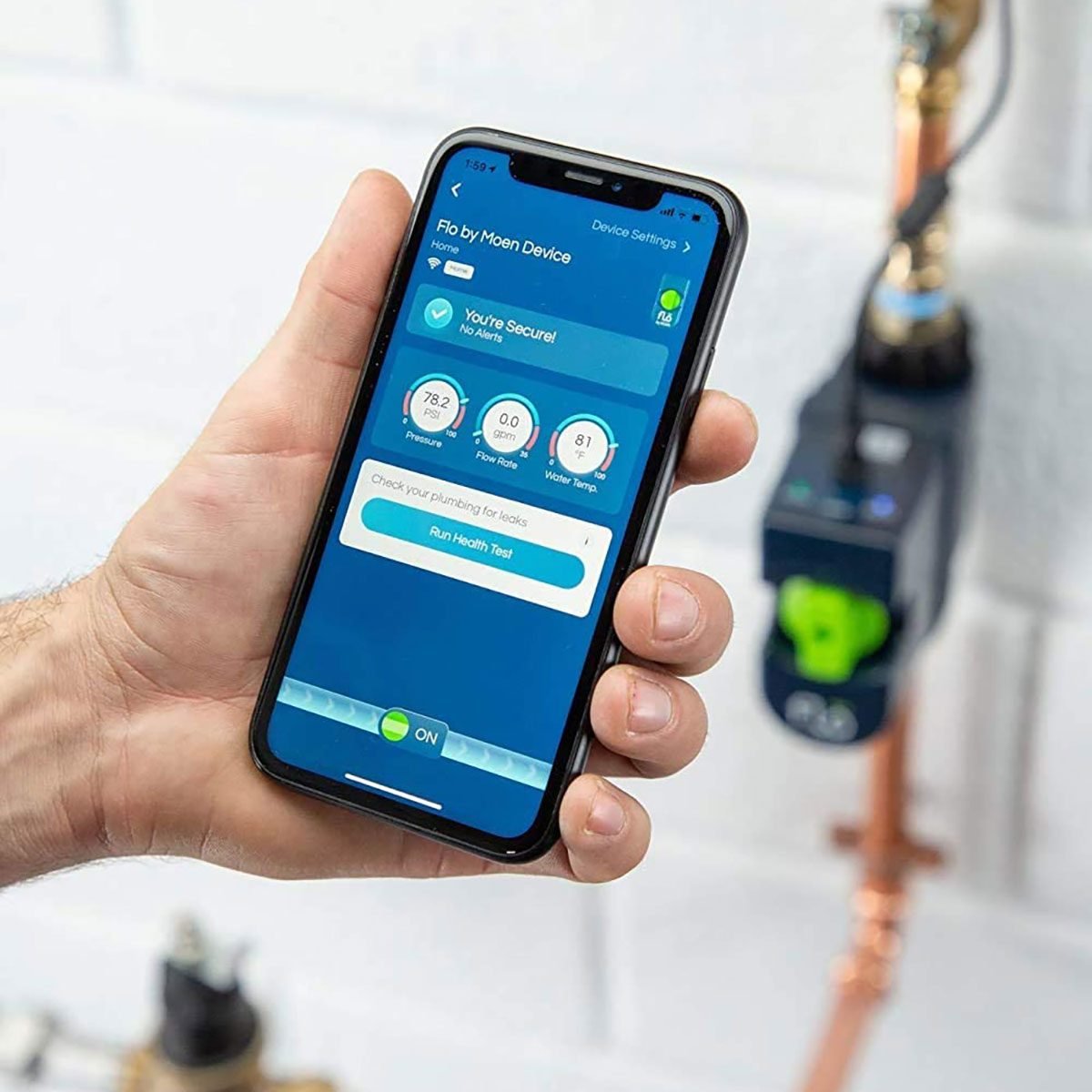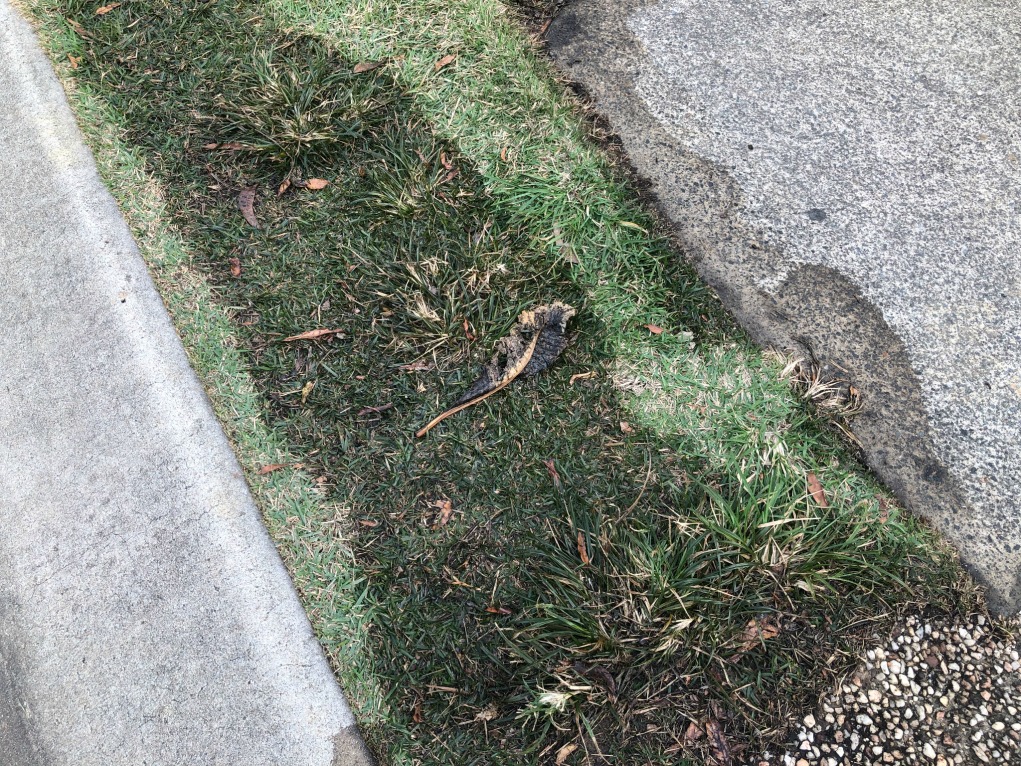Just about everyone will have their private way of thinking with regards to Leaking water lines.

Early detection of dripping water lines can mitigate a potential calamity. Some little water leaks might not be noticeable.
1. Analyze the Water Meter
Every house has a water meter. Inspecting it is a proven way that assists you uncover leakages. For beginners, turn off all the water resources. Guarantee nobody will certainly purge, make use of the faucet, shower, run the washing device or dishwasher. From there, go to the meter and watch if it will certainly change. Since nobody is using it, there must be no activities. That shows a fast-moving leakage if it relocates. If you spot no adjustments, wait an hour or two and also inspect back once more. This implies you might have a slow-moving leakage that could also be underground.
2. Inspect Water Usage
Examine your water costs as well as track your water intake. As the one paying it, you must see if there are any disparities. If you identify sudden changes, in spite of your intake coinciding, it indicates that you have leaks in your plumbing system. Keep in mind, your water costs need to fall under the same array each month. An unexpected spike in your bill shows a fast-moving leakage.
Meanwhile, a consistent boost on a monthly basis, despite having the exact same routines, reveals you have a slow leakage that's additionally gradually rising. Call a plumber to thoroughly check your property, specifically if you feel a warm location on your flooring with piping beneath.
3. Do a Food Coloring Examination
30% comes from toilets when it comes to water consumption. Test to see if they are running properly. Drop specks of food shade in the storage tank and wait 10 mins. There's a leakage between the storage tank and also bowl if the color in some way infiltrates your dish during that time without flushing.
4. Asses Outside Lines
Don't neglect to inspect your outdoor water lines also. Test spigots by attaching a garden hose pipe. Needs to water seep out of the connection, you have a loosened rubber gasket. Replace this and also make certain all connections are tight. It will certainly assist obtain it skillfully took a look at as well as maintained yearly if you have actually obtained a sprinkler system. One little leak can throw away tons of water as well as spike your water costs.
5. Analyze the circumstance and also inspect
House owners must make it a routine to inspect under the sink counters and also also inside closets for any type of bad odor or mold and mildew development. These 2 red flags suggest a leakage so prompt attention is needed. Doing regular examinations, even bi-annually, can save you from a major issue.
If you understand your house is currently old, maintain a watchful eye on your heating systems, hose pipes, pipelines and so on. Look for stainings and also weakening as many pipes as well as devices have a life span. They will certainly additionally normally degrade because of tear as well as use. If you presume leaking water lines in your plumbing system, don't wait for it to escalate. Call a specialist plumber right away so you don't wind up with a dreadful mess in your house.
Early discovery of dripping water lines can alleviate a prospective disaster. Some tiny water leaks may not be visible. Inspecting it is a guaranteed means that assists you discover leaks. One small leak can lose tons of water and surge your water bill.
If you think leaking water lines in your plumbing system, do not wait for it to escalate.
Tips for Detecting Hidden Plumbing Leaks
Check for Signs of Water Damage
We recommend that you check the following places for evidence of water damage:
Near where you store your water heater
Around your sump pump
In areas where pipes are visible
Underneath cabinetry or a vanity beneath a sink
Where your outside hose bib isIf water damage is present, you may also notice mold and/or mildew or smell a foul or musky odor. You might also be able to hear the sound of water running where it shouldn’t be.
Perform a Water Meter Test
One of the easiest ways to determine whether you have a hidden leak on your property is to test your water meter. Turn off all appliances in that use water and make sure you don’t have any faucets running. Locate your water meter and record the reading on it. Continue to leave everything off for a minimum of two hours and then go back and see the meter reading. If it’s a noticeable difference, chances are you have a hidden plumbing leak.
Monitor Your Outside Usage
As the seasons change, you might use more water to keep your yard lush and green and your flowers blooming. However, it’s important to routinely ensure that your sprinkler or irrigation system is working properly and that any outside faucets are completely off. This way you’re not wasting any water.
Do the Toilet Food Coloring Test
Are you kept up at night because your toilet continues to run? If you’ve noticed your toilet randomly refills, especially when it’s not in use, it could mean you have a defective flapper tank and water will leak into the bowl. Fortunately, there’s an easy (and kind of fun!) way to test whether you’re dealing with this issue. Grab some food coloring and add a few drops into your toilet’s tank. Wait 15 minutes and then check to see whether the water in the bowl is colored. If it is, you have a leak within your toilet and the internal assembly will need to be repaired or replaced.
https://www.carterservices.com/blog/2020/february/tips-for-detecting-hidden-plumbing-leaks/

As an avid person who reads about Leaking water lines, I figured sharing that excerpt was worth the trouble. If you please take the time to promote this write-up if you enjoyed reading it. Many thanks for going through it.